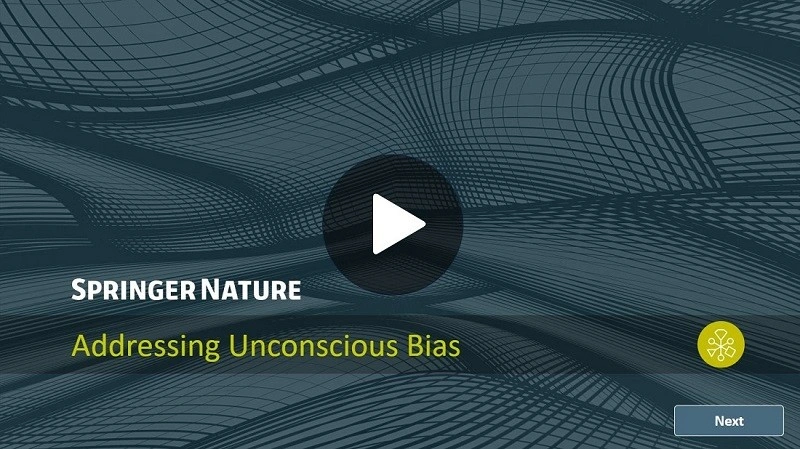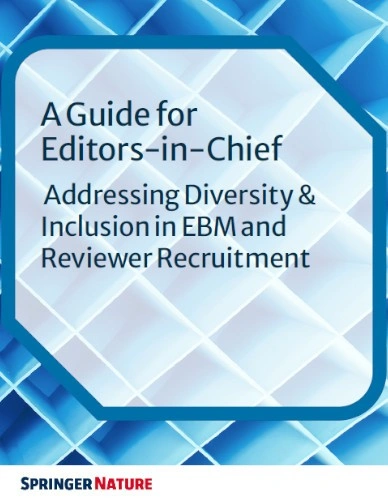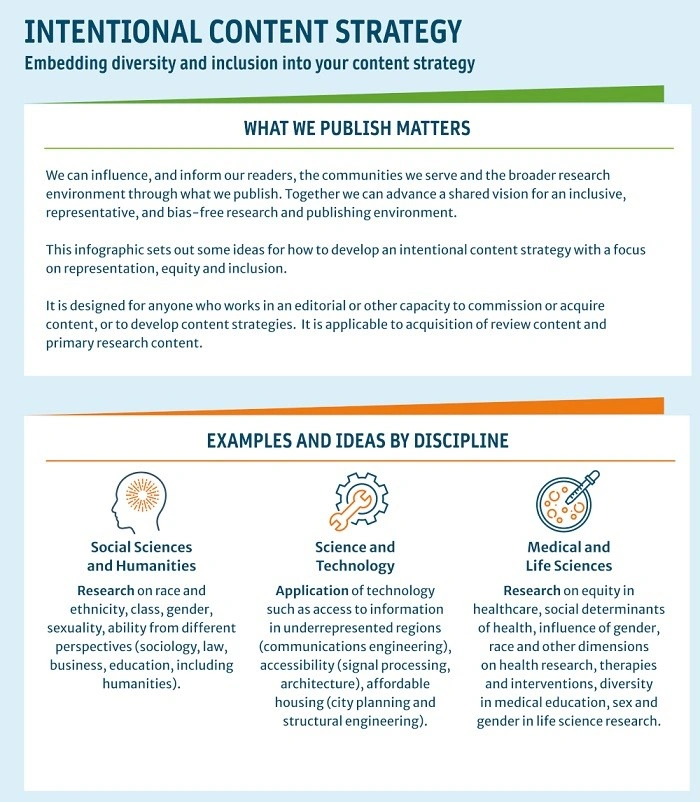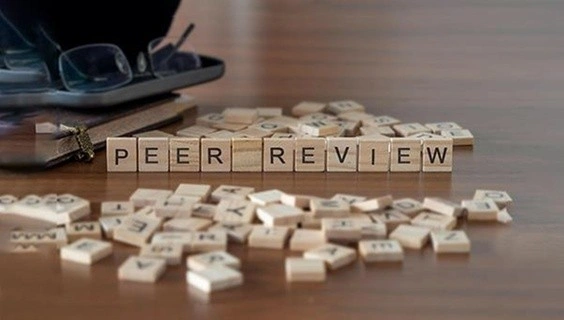Diversity, equity, and inclusion (DEI) are at the forefront of strategic priorities at SSCI Journal Indexing. We are committed to serving a diverse and global research community.
SSCI Journal Indexing believes a truly inclusive publishing landscape should represent all communities, globally and across multiple dimensions of diversity. We have released our first benchmarking report, examining geographic and gender diversity of our academic editors. By sharing our findings in this way, we aim to inform, inspire, and drive forward action across the industry. Explore the report here.
As editors, you play a pivotal role in championing inclusive practices and ensuring we reflect our diverse communities through our publication process. We have created this hub with actionable guides, data insights, reports, case studies, and more to inform, inspire and support you in developing inclusive publishing practices.
Get the information and inspiration you need to be a DEI champion and to make your journals, books and published works inclusive, and representative.
















